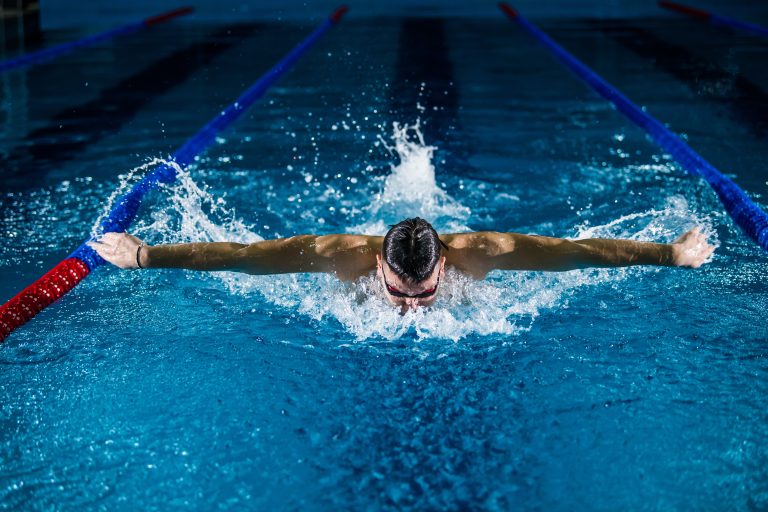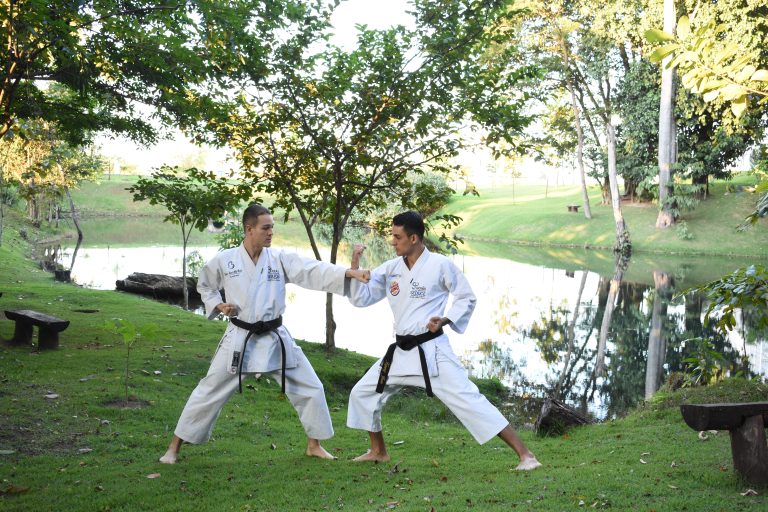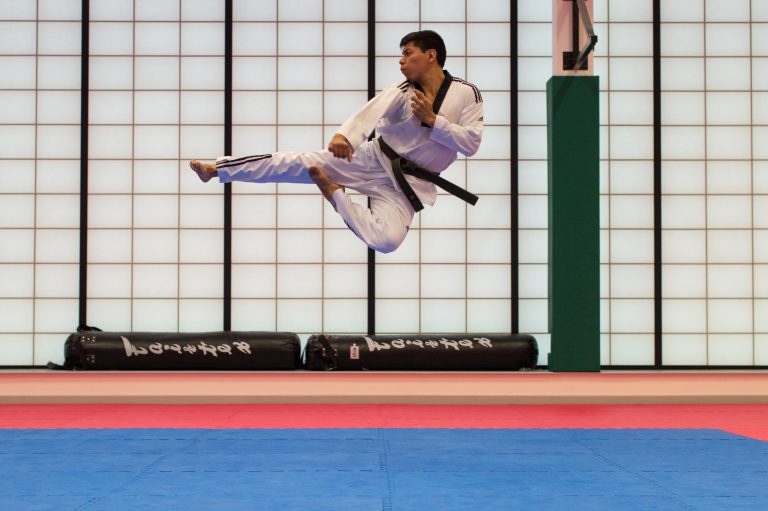Karate: What are the advantages and disadvantages of training?
Karate is a popular martial art and form of self-defense that originated in Okinawa, Japan. It is a discipline that focuses on developing physical and mental strength, agility, technique, and self-defense skills. While many people enjoy the practice of karate, it’s essential to understand both the advantages and disadvantages that come with training.
Advantages of Karate Training
Improved Physical Health and Fitness
Karate is a demanding physical activity that requires strength, endurance, and flexibility. Regular training can lead to improved cardiovascular health, increased muscle strength, and a better immune system.
Better Coordination and Agility
Karate involves a variety of movements such as kicks, punches, and blocks, which require excellent coordination and agility. With regular practice, these movements become more natural and fluid, leading to better coordination and overall physical control.
Boosts Mental Strength and Confidence
Karate focuses on developing discipline, self-control, and focus. As a result, practitioners of karate experience improved mental clarity and the ability to manage stress better. The pursuit of a black belt and succeeding in it enhances confidence and self-esteem, creating a sense of accomplishment.
Self-Defense
One of the fundamental aspects of Karate is self-defense. Students of Karate learn techniques that can help them in dangerous situations, building self-confidence and self-awareness.
Disadvantages of Karate Training
Increases Risk of Injury
Karate involves various techniques that can cause injury if not performed correctly. Kicks, punches, and throws can cause muscle strains, bruises, and even broken bones. Proper supervision and training significantly decrease the risk of injury.
Expensive Cost
Karate training, equipment, and testing can be expensive, making it challenging for individuals on a tight budget to afford. It’s essential to research to find an affordable training program that is still of high quality.
Time-Consuming
Karate training requires a considerable commitment of both time and energy. It involves learning and practicing various techniques, mastering Kata (pre-arranged movements), and attending regular classes. This can be challenging for individuals with a busy lifestyle.
Conclusion
Karate is an excellent discipline that can help an individual in many ways. It can lead to better physical fitness, coordination, and mental strength. However, as with any activity, there are also disadvantages. It’s essential to evaluate both advantages and disadvantages before deciding to pursue Karate training. With proper training and commitment, karate can be highly rewarding, emotionally, mentally, and physically.
Karate: What are the advantages and disadvantages of training?
Karate is one of the most popular martial arts practiced around the world. It is known for its effective self-defense techniques and the discipline it instills in the practitioners. However, before deciding to start training in karate, it is essential to weigh the advantages and disadvantages associated with it. In this blog post, we will discuss the most frequently asked questions about the advantages and disadvantages of training in karate.
What are the advantages of training in karate?
1. Improved physical fitness
One of the most significant advantages of training in karate is that it helps improve physical fitness. Karate involves a lot of movements that require strength, balance, and flexibility. Practicing these movements regularly can improve cardiovascular health, help the practitioner lose weight, and strengthen the muscles.
2. Self-defense skills
Karate is primarily known for its self-defense techniques. Practitioners learn a variety of techniques that help them defend themselves in case of an attack. These techniques include strikes, blocks, throws, and joint locks. Learning these techniques can boost one’s confidence and make them better prepared to handle dangerous situations.
3. Discipline and concentration
Karate requires discipline and concentration. Practitioners are required to focus on their movements, techniques, and breathing. This can help improve concentration and discipline, which can be applied to other aspects of life, such as work and school.
4. Self-confidence and self-esteem
As one progresses in their karate training, they acquire new skills, become physically stronger, and improve their self-defense abilities. This can boost their self-confidence and self-esteem, making them more self-assured and assertive in other areas of their life.
What are the disadvantages of training in karate?
1. Risk of injuries
Karate involves a lot of physical movements that can put a strain on the body. Practitioners are at risk of developing injuries, such as sprains, strains, and fractures, particularly if they try to perform techniques beyond their ability level or if they do not use proper form.
2. Costly
Training in karate can be expensive. The cost of classes, uniforms, and gear can add up quickly, making it difficult for individuals on a tight budget to continue training.
3. Time-consuming
Karate requires a significant time commitment. Practitioners need to attend classes regularly to progress through the belt levels. This can be time-consuming, particularly for individuals with busy schedules.
4. Requires a certain level of physical fitness
Karate is a physically demanding sport that requires a certain level of physical fitness. Individuals who are out-of-shape, have chronic illnesses, or are not in good health may find it challenging to keep up with the demands of karate training.
Conclusion
In conclusion, training in karate has its advantages and disadvantages. The advantages include improved physical fitness, self-defense skills, discipline and concentration, and self-confidence and self-esteem. However, the disadvantages include the risk of injuries, the high cost, time commitment, and the requirement of a certain level of physical fitness. It is important to weigh these factors carefully before deciding to start training in karate.
If you are interested in learning karate, it is recommended that you research the schools and instructors in your area, ask questions, and observe a class before committing to a program. With the right training and dedication, karate can be an incredibly rewarding and advantageous discipline to pursue.
Inhaltsverzeichnis






